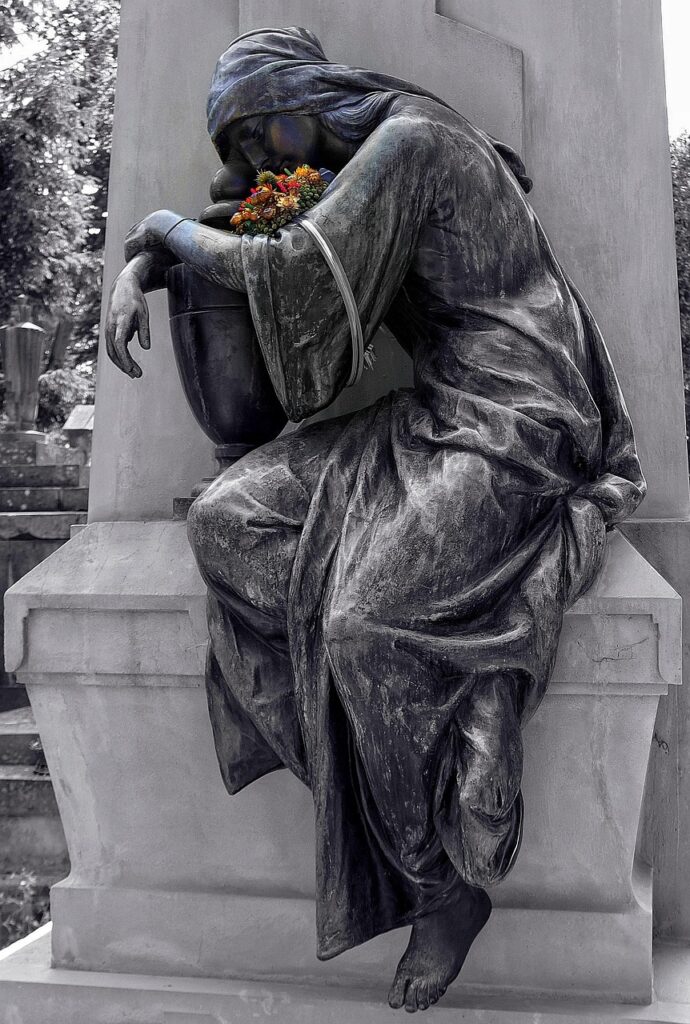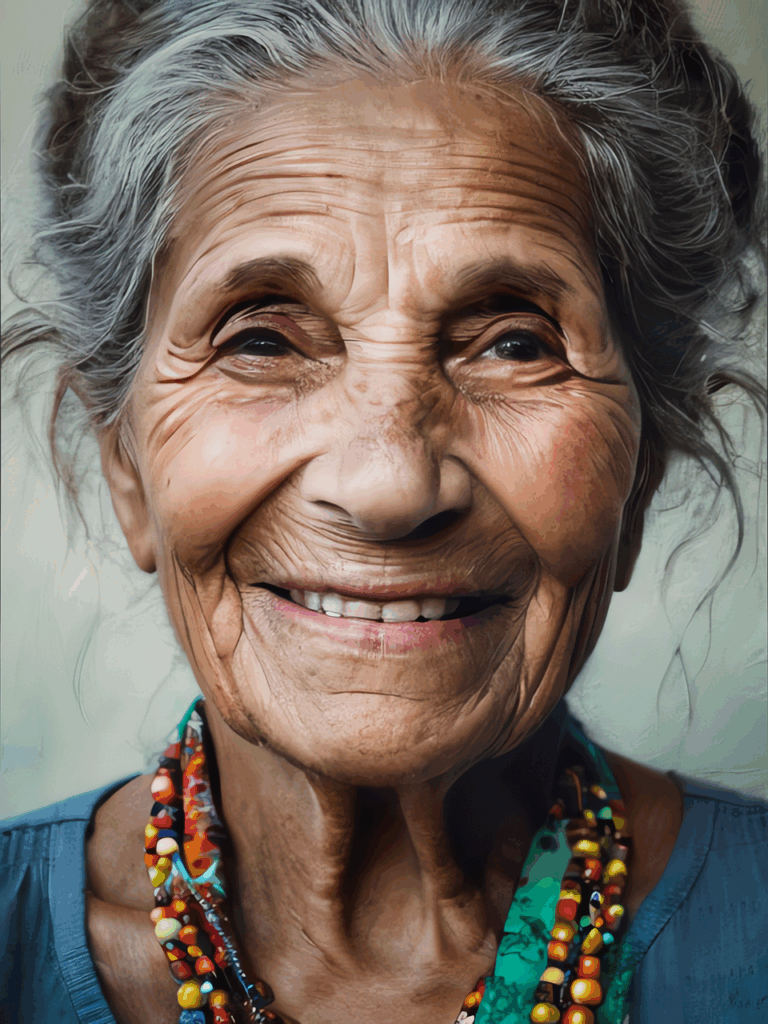Honouring Legacy and Shaping the Future
Each autumn, as the days shorten and festivals of remembrance draw near, cultures around the world pause to reflect on mortality, legacy, and what it means to live a life of purpose. This series of articles explores how traditions of honouring the past can help us live more intentionally in the present and shape the future we leave behind.
✨ Explore the series:

How Honouring the Past Shapes the Future
As autumn unfolds and festivals of remembrance invite us to pause; we are reminded that our lives are not only finite but also deeply connected to those who came before and those yet to come. This opening article frames the whole series, showing how legacy is more than memory — it’s the living impact of our choices. It introduces the themes of mortality, remembrance, and long-term thinking, inviting us to ask: what legacy are we building through our daily actions? By reflecting on how past generations shaped our present, we can begin to live more intentionally and align with what truly matters.

Honouring Life and Legacy Through Death
From Halloween to the Day of the Dead, cultures across the world mark this season as a time to acknowledge mortality and celebrate life. These traditions challenge us to see death not as something to fear, but as a reminder to live fully and meaningfully. They invite us to ask: How am I living in light of the fact that one day, my time will end? This reflection helps us clarify our values and priorities. By embracing both the mystery and inevitability of death, we are better able to shape a legacy rooted in what matters most.

The Power of Remembrance in Shaping the Future
Honouring our ancestors is not only about looking back – it is also about looking forward. Through traditions of remembrance, we carry forward the values and lessons of those who came before us. Indigenous wisdom, such as the Seventh Generation Principle, reminds us that every decision we make today will echo forward for over a century. This post explores how remembrance is not passive memory, but active responsibility: to live in a way that benefits those who will inherit the world after us. By holding both the past and future in mind, we can live our legacy now.

The Good Ancestor
Roman Krznaric’s book The Good Ancestor challenges us to expand our sense of legacy to include humanity and the planet long beyond our own lifetimes. He introduces “cathedral thinking,” the practice of investing in projects and choices that may not bear fruit for generations but create lasting benefit. This review highlights Krznaric’s call to become “time rebels” who resist the pull of short-termism and instead act as stewards of the future. Whether through environmental care, cultural renewal, or systemic change, each of us has the power to become a good ancestor. The book reminds us that purpose is not only about what we achieve in our lives, but about the world we leave behind.
Together, these reflections form a meditation on what it means to live – and leave – a life of meaning.
If this series of reflections stirs something in you, you may find the Writing Your Life Story module from the Soulful Path to Life Purpose programme especially meaningful. It offers guidance to help you reflect on your journey so far, reframe your experiences, and begin shaping the legacy you want to create.
